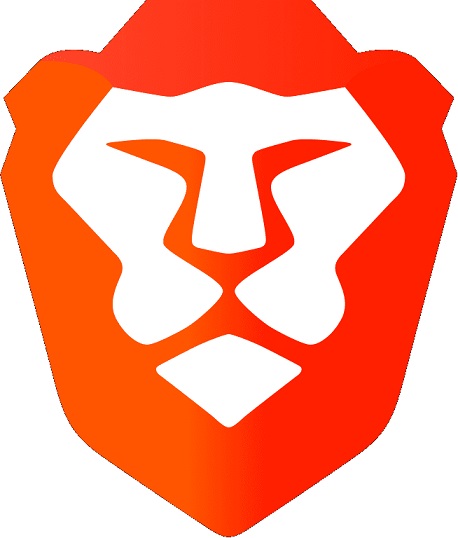One year since it was released, Brave Search, an independent search engine competing with Google, has announced it has completed its 2.5 billionth search query.
Like the lightweight, privacy-focused browser of the same name, Brave search emphasizes the privacy of its users. It has stated it seeks to be, “a privacy-protecting, unbiased alternative to Google and Bing, and a truly independent alternative to providers—such as DuckDuckGo or Startpage—that rely on Big Tech to run.”
Although Brave Search is now the default search engine of the Brave Browser, anyone can still use it by visiting the Brave search page. The search engine is particularly unique in that it is working toward a version where users will be able to employ unique filters which will prioritize search results in ways the user will be able to control, allowing one to focus on a specific class of information, ideology, or viewpoint. Whereas current search engines tend to downgrade specific types of information, such as what they deem misinformation, Brave is working to make all information accessible to those who are seeking it, by allowing users to decide what will be filtered, and what will not be filtered, and what will be prioritized in searches, and what will be deprioritized.
According to Brave, the core principles of Brave are:
Independence: We serve results from our own built-from-scratch index of the Web
Privacy: We don’t track you, your searches, or your clicks
User-first: We put you first, not the advertising or data industries
Transparency: We don’t censor, bias, filter, or downrank results (unless legally required to)
Seamlessness: Brave can offer a best-in-class integration between the browser and search—from personalization to instant results as you type—without compromising privacy
Brave has listed the following statistics for its search engine over the past year:
2.5 billion queries in the past 365 days
A high of 14.1 million queries per day
5 billion queries annualized (projection based on current monthly totals)
Google took over a year to reach 2.5 billion queries and DuckDuckGo took more than 4 years.
Josep M. Pujol, Chief of Search at Brave, said, “Since launching one year ago, Brave Search has prioritized independence and innovation in order to give users the privacy they deserve. The Web is changing, and our incredible growth shows that there is demand for a new player that puts users first. Today we’re releasing Goggles to alter the way search has traditionally been done and to put users in charge at last. The world is too diverse for a single ranking, so Goggles opens search ranking and filtering transparently for everyone to use, share, and improve.”
Brave Search has exploded into the market just as the previous privacy focused search engine, DuckDuckGo was revealed to have allowed Microsoft trackers to track users as part of its agreement with the Bing search engine. This revelation was followed by the announcement by Bing that it would censor “misinformation,” from its search results, something which was not clearly defined and which left users not knowing what it was they were being prevented from seeing.
Brave is also integrating their Brave Attention Token cryptocurrency into the brave browser advertising economy, using it to pay users of their browser to view ads, allowing it to be used to buy ads, and allowing the use of it by users to tip content providers. Some believe this gives the BAT token a purpose and use which will provide it with some foundation for its existence which many other cryptocurrencies lack.
For more on Brave Search’s one year anniversary, see this link.

